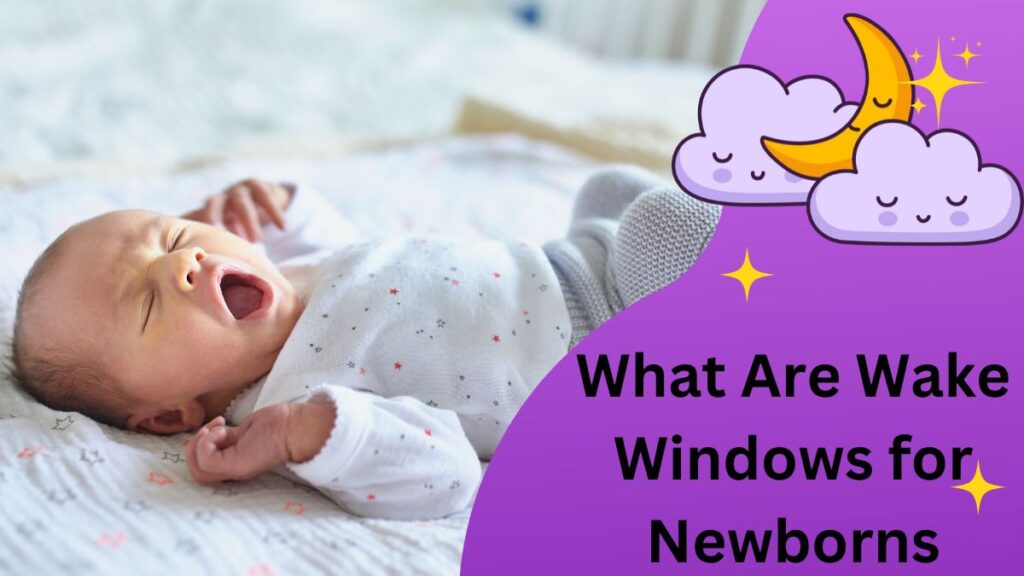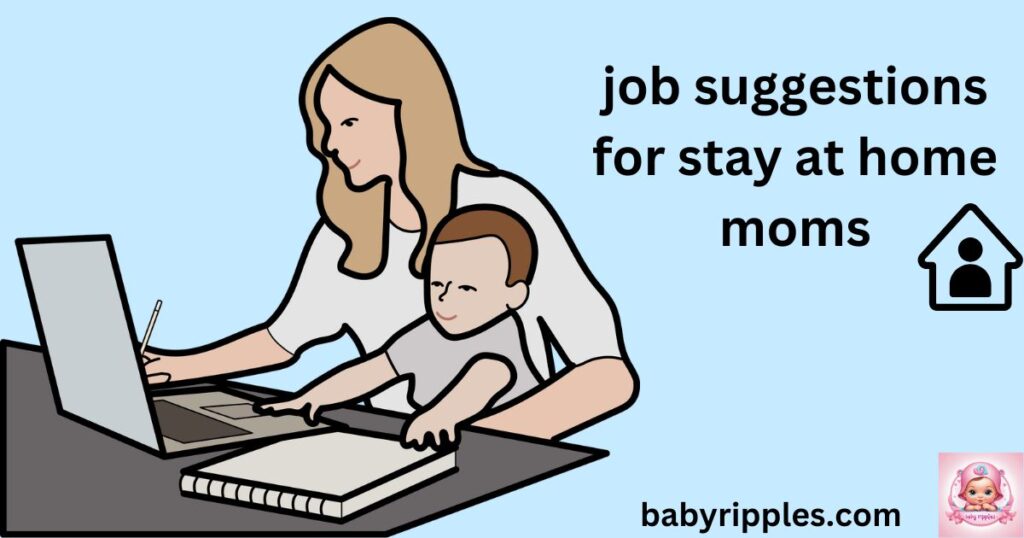“Bringing a newborn home can make everything feel new and stressful. During those first few weeks, one of the most crucial things you’ll need to understand is the concept of newborn wake windows. By the end of this article, you’ll know exactly what are wake windows for newborn and how to make them work for you and your baby, so don’t worry.”
you may want to write: What Color Sound Is Best for Sleep
- What Are Wake Windows for Newborns?
- How Long Should Newborn Awake Windows Be?
- How to Increase newborn Wake Window
- Can Newborn Sleep with Window Open?
- How Do I Know When My Newborn Is Fully Awake?
- The Importance of Establishing a Routine
- Tips for Helping Your Baby Sleep Better
- Takeaway
- FAQs About what are wake windows for newborn
What Are Wake Windows for Newborns?

A wake window for newborns refers to the amount of time a baby can stay awake between naps without becoming overtired. Although newborns usually sleep most of the day, they require intervals of wakefulness to support the development of their bodies and brains. The reason these wake periods are important is that if your baby remains up too long, they may get cranky or exhausted, which will make it more difficult for them to fall asleep later.
you may want to read: How to Get Newborn to Sleep in Bassinet
How Long Should Newborn Awake Windows Be?
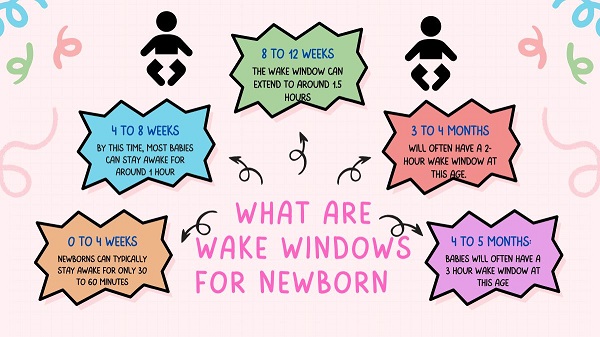
The length of your baby’s awake window will depend on their age. For newborns, wake windows are generally short. Here’s a breakdown by age:
0 to 4 weeks:
Newborns can typically stay awake for only 30 to 60 minutes. At this stage, they are still adjusting to the outside world, and their tiny bodies need frequent naps.
4 to 8 weeks:
By this time, most babies can stay awake for around 1 hour. The transition to longer wake windows begins here, but you should still aim to put your baby down for a nap every hour or so.
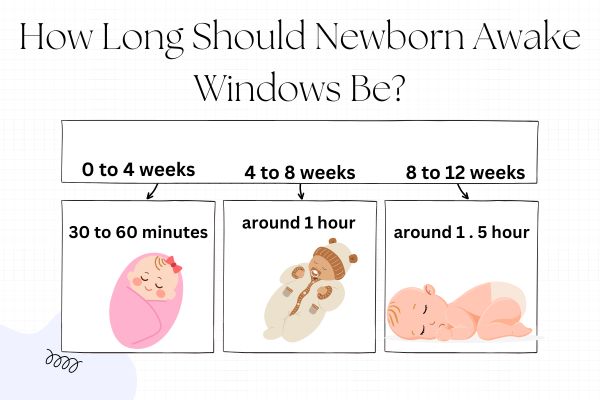
8 to 12 weeks:
The wake window can extend to around 1.5 hours. Babies at this age are becoming more alert and interested in their surroundings, but they still need a lot of sleep.
3 to 4 months:
Babies will often have a 2-hour wake window at this age. By now, they may be able to stay awake a little longer without becoming overly tired.
Observing your baby’s cues is the key to determining how long the newborn awake windows should be. Help your baby wind down for a sleep if they begin to rub their eyes, yawn, or become irritable.
How to Increase newborn Wake Window
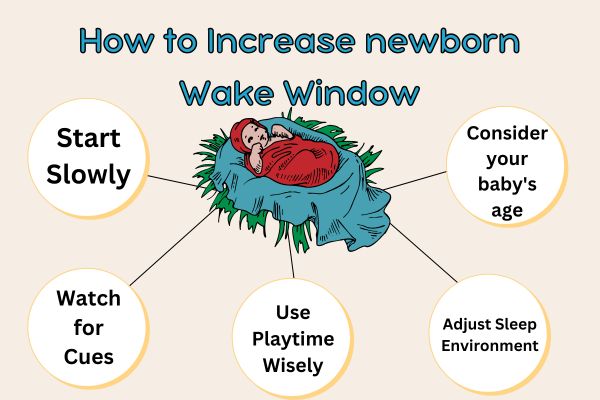
Your baby’s wake windows will inevitably get longer as they get older. However, here are some guidelines for properly extending your baby’s wake window if you think they’re ready to stay up a bit later:
Start Slowly:
Gradually extend the wake window by just 10-15 minutes at a time. This gives your baby’s body time to adjust without getting overwhelmed.
Watch for Cues:
Pay close attention to your newborn’s tired signals. If they start getting fussy or rubbing their eyes, it’s best to put them down for a nap.
Use Playtime Wisely:
During their awake window, try to engage your baby in gentle activities like tummy time, talking to them, or offering toys for stimulation. This will help them stay alert but not overstimulated.
Adjust Sleep Environment:
Make sure your baby’s sleep space is calm and conducive to rest. A dark, quiet room with a gentle noise can help them transition into nap time more easily.
Can Newborn Sleep with Window Open?

The quality of your newborn’s sleep is greatly influenced by the surroundings in which they sleep. Parents frequently inquire as to whether it’s acceptable for a newborn to sleep with a window open.
The environment and the weather have a big impact on the answer:
Ventilation:
Sleep quality depends on exposure to fresh air. The atmosphere may be too warm or stuffy for your newborn to sleep comfortably. A window that is partially open can increase ventilation and keep the space from being too hot or muggy. The window should be slightly open, though, so that air can circulate without creating a draft.
Temperature:
It’s difficult for newborns to control their body temperature. A newborn should sleep in a setting that is between 68 and 72°F (20 and 22°C). Make sure the room doesn’t get too cold for your infant if you open a window in cold weather.
Noise and Allergens:
The external environment should also be taken into account. An open window may disrupt your infant or expose them to allergens if they have a noise or allergy sensitivity. In places with a lot of noise or pollution, it might be better to keep the window closed.
In the end, opening a window can be a good approach to make sure your infant has a nice night’s sleep, provided the room is cozy, secure, and draft-free.
How Do I Know When My Newborn Is Fully Awake?
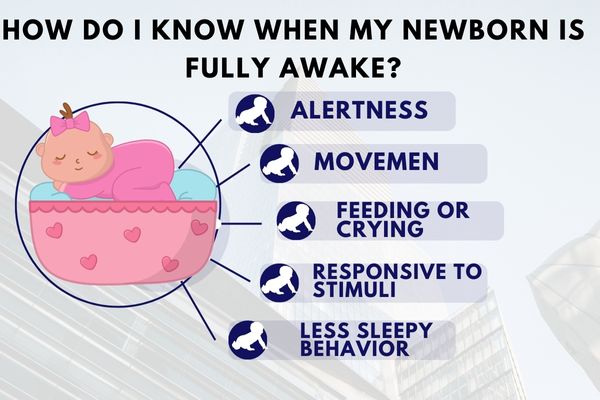
Understanding your newborn’s sleep and wake windows requires knowing when they are completely awake. Although newborns sleep for the majority of the day, they go through many stages when they are awake, and knowing them can help you better control their schedule.
Here are a few signs that your newborn is fully awake:
Alertness:
Your baby’s eyes will be open, and they may be looking around or taking in their surroundings. This is the best indicator that they are fully awake and alert
Movement:
Babies that are fully awake tend to be more active, moving their arms and legs. You might also notice them trying to make eye contact or cooing
Feeding or Crying:
If your baby is hungry or needs a diaper change, they may cry or show interest in feeding. At this point, they are definitely awake and engaged
Responsive to Stimuli:
A fully awake newborn will respond to sounds, faces, or touch. They may turn their head toward a voice or light, or they may become more responsive to the environment
Less Sleepy Behavior:
Unlike when they are in a drowsy state, fully awake newborns will not exhibit signs of sleepiness, such as rubbing their eyes or yawning. They may appear more content and alert
The Importance of Establishing a Routine
Keeping your newborn’s infant wake windows proper is essential for both their growth and development as well as sleep management. Babies develop cognitive capacities, exercise motor skills, and learn about their environment during wake times. However, overstimulation or exhaustion can make these activities more challenging, impacting their well-being and mood. Additionally, a regular routine can support better sleep hygiene by regulating your baby’s internal clock. Optimizing infant wake windows by age and balancing sleep cycles can improve your newborn’s mood, alertness, and developmental milestones.
Tips for Helping Your Baby Sleep Better

Create a Calm Environment:
A soothing, quiet room with soft lighting and a comfortable temperature will help your baby sleep more soundly during their nap time.
Encourage Daytime Sleep:
Daytime naps are just as important as nighttime sleep, and they can help your baby’s overall sleep cycle.
Stay Calm and Relaxed:
Babies can sense stress or tension, so try to remain calm when it’s time for sleep. This will help your baby feel safe and secure as they drift off.
Use a Swaddle or Sleep Sack:
Many babies sleep better when swaddled. A swaddle can provide a sense of security, making them feel cozy and safe.
Takeaway
- Wake Windows Explained:
The amount of time a newborn can remain awake before needing to go back to sleep is known as the wake windows. By identifying and adhering to these periods, you can help your infant develop a better sleep schedule.
- Growth and Development:
Your baby’s wake windows will inevitably get longer as they get older. By 11 months, newborns can tolerate 3–4 hours of waking time, whereas newborns typically have 30-90 minute wake periods.
- Adjusting Sleep Schedules:
Your infant may need their sleep schedule adjusted if they appear extremely active, refuse naps or bedtime, or begin skipping naps. Watch for these changes, but keep in mind that sleep disturbances can also be caused by things like teething, illness, and developmental milestones.
- Recognizing Sleep Signals:
Keep an eye out for signs of sleepiness, such as fussiness, yawning, or eye rubbing. These cues let you know when your baby needs to relax and refuel.
- Juggling Play and Rest:
Sleep and active waking hours must be balanced for newborns. To keep your baby happy and refreshed, make sure they have enough time for both quiet times and mild stimulation.
FAQs About what are wake windows for newborn
1. How long should newborn awake windows be?
As mentioned earlier, newborns can typically stay awake for 30-60 minutes in the early weeks. This will gradually extend as they grow.
2. How can I increase my newborn’s wake window?
To increase your baby’s wake window, you can gradually extend their awake time by 10-15 minutes, keeping a close eye on their tired cues.
3. Can newborn sleep with the window open?
Yes, newborns can sleep with the window open, but make sure the room is at a comfortable temperature, free from drafts, and not too noisy.
4. How do I know when my newborn is fully awake?
Your newborn is likely fully awake when their eyes are open, they are moving their hands and feet, and showing signs of alertness like cooing or looking around.
5. What happens if my baby is awake too long?
If a baby stays awake too long, they can become overtired, leading to a difficult nap time or bedtime, making them fussy and hard to settle.

